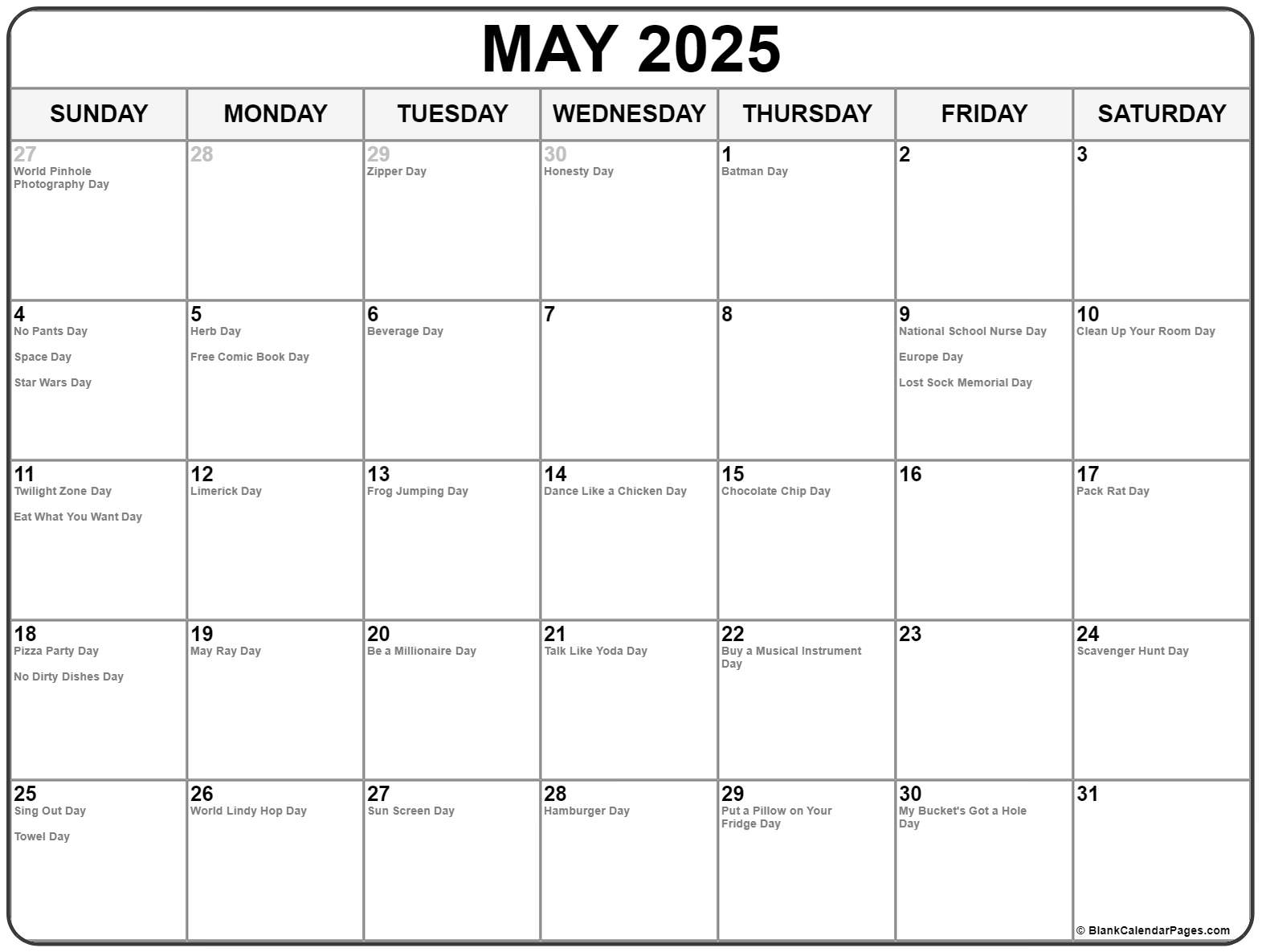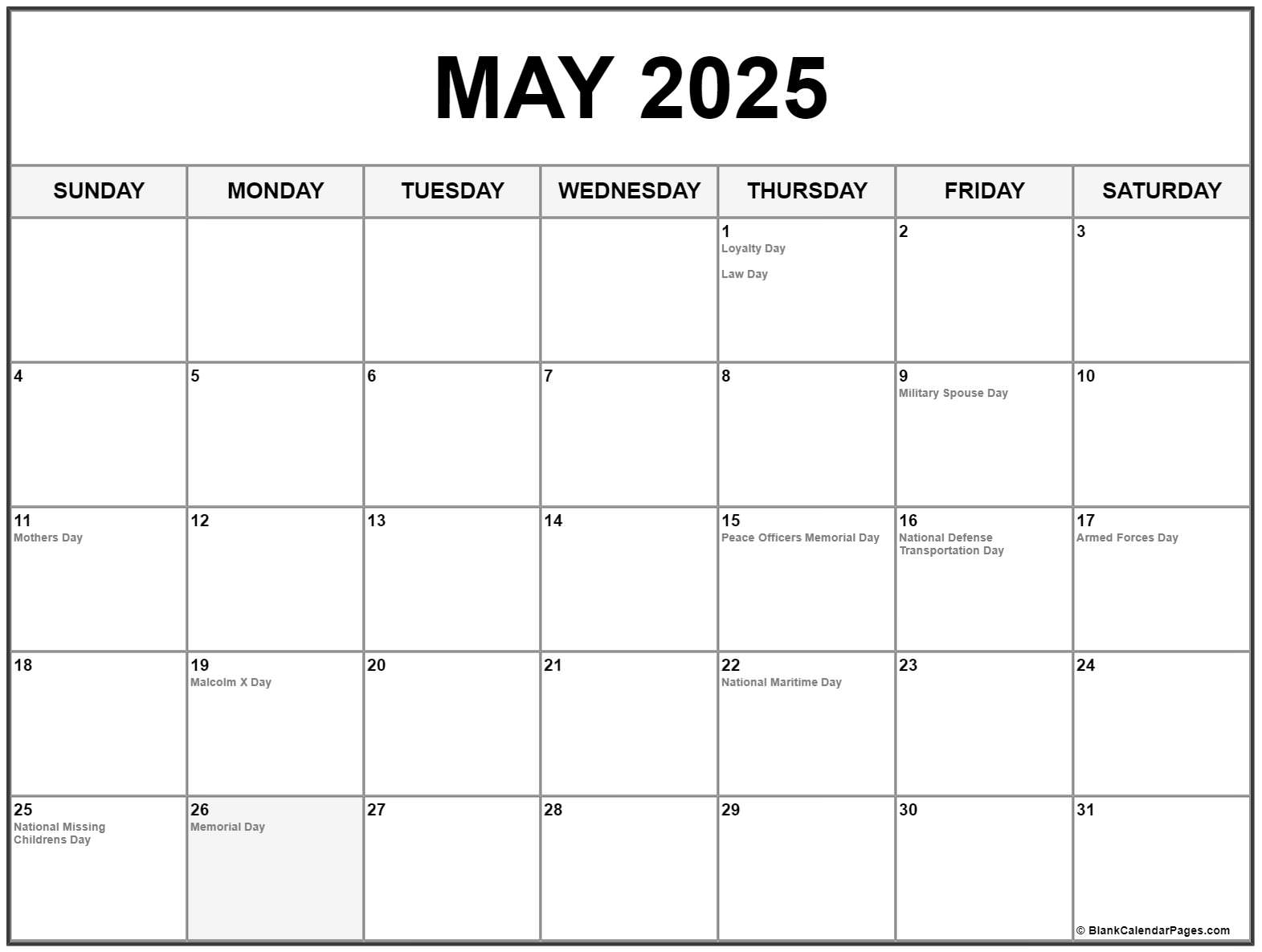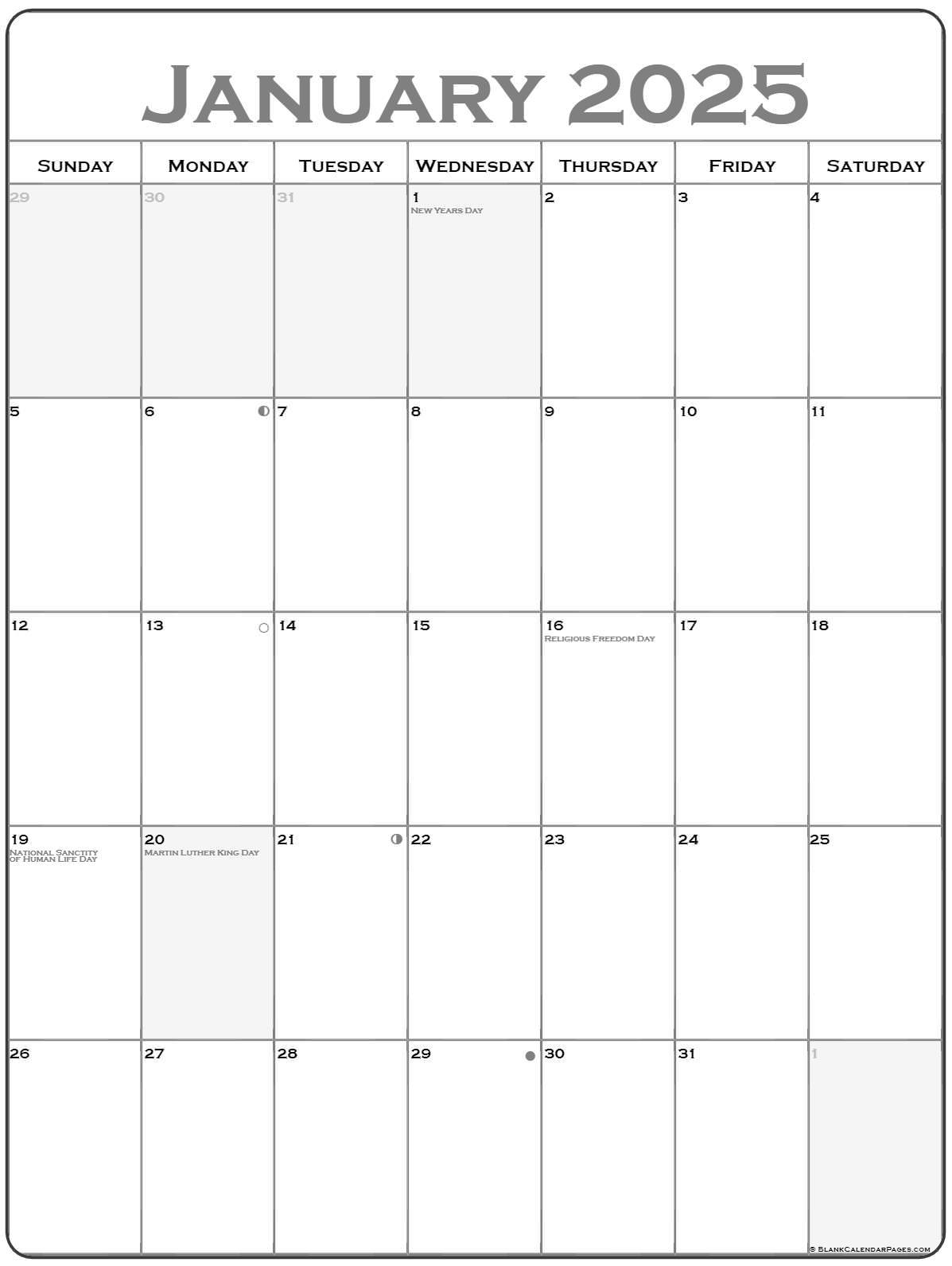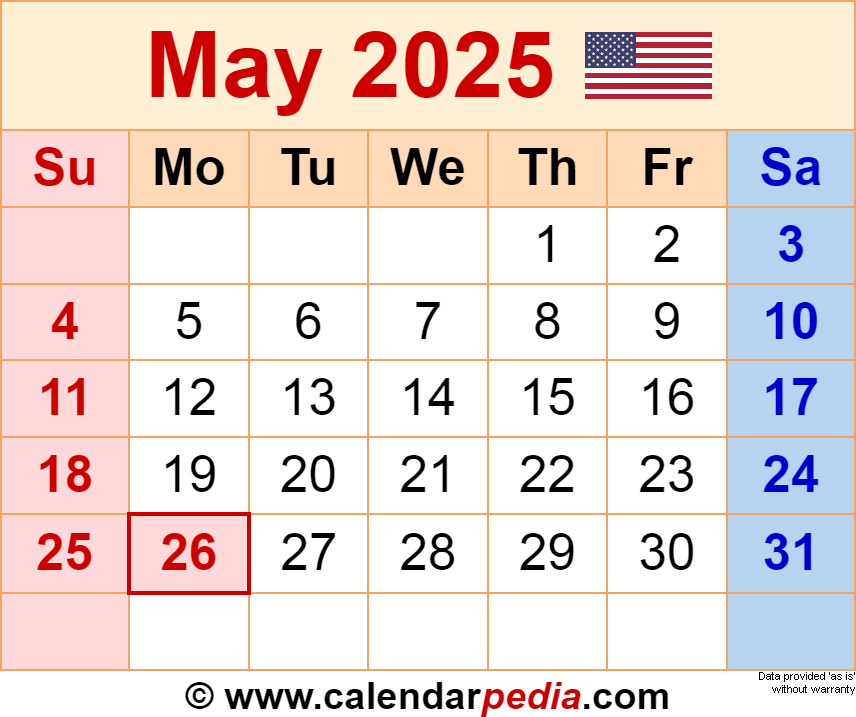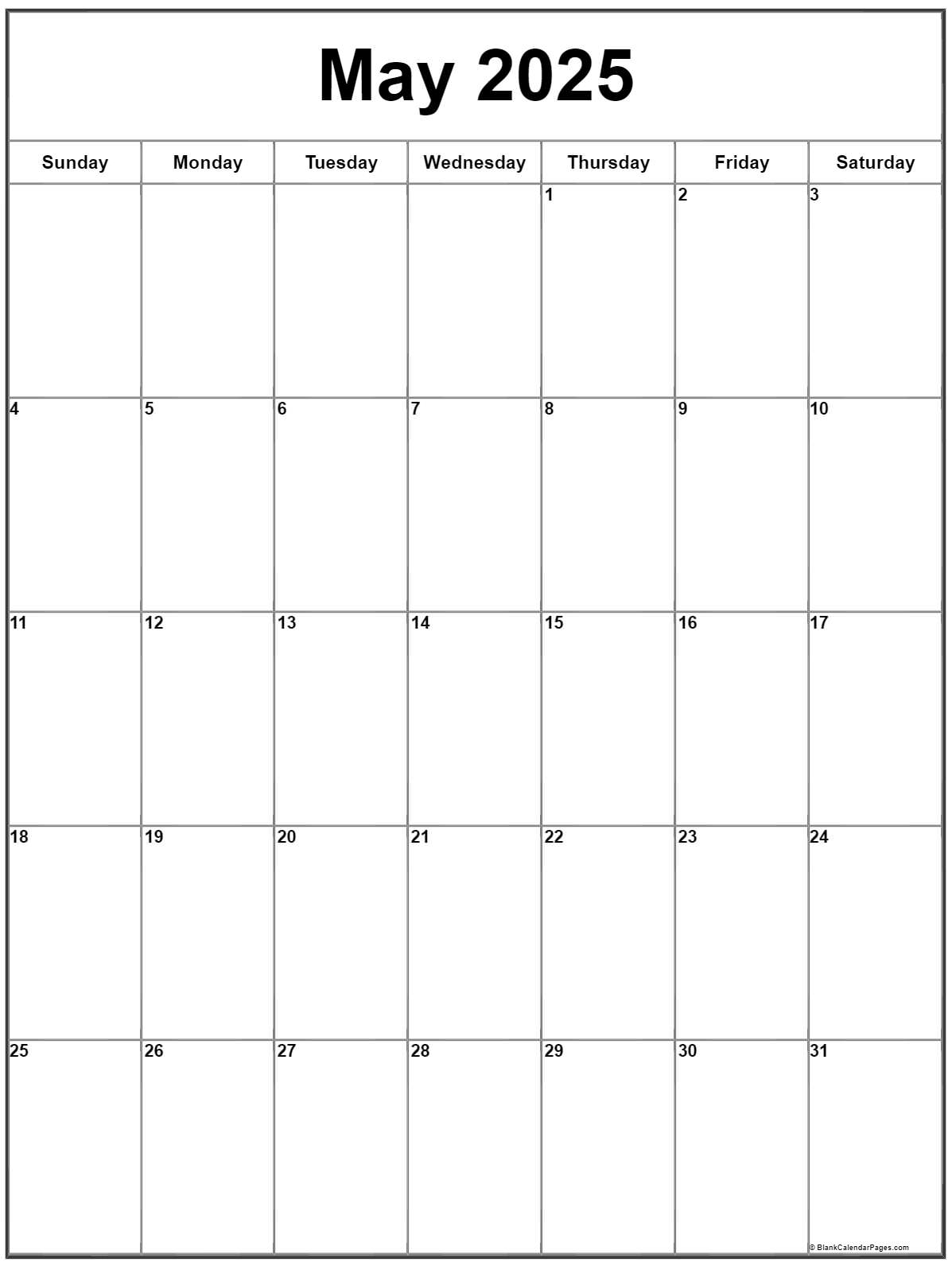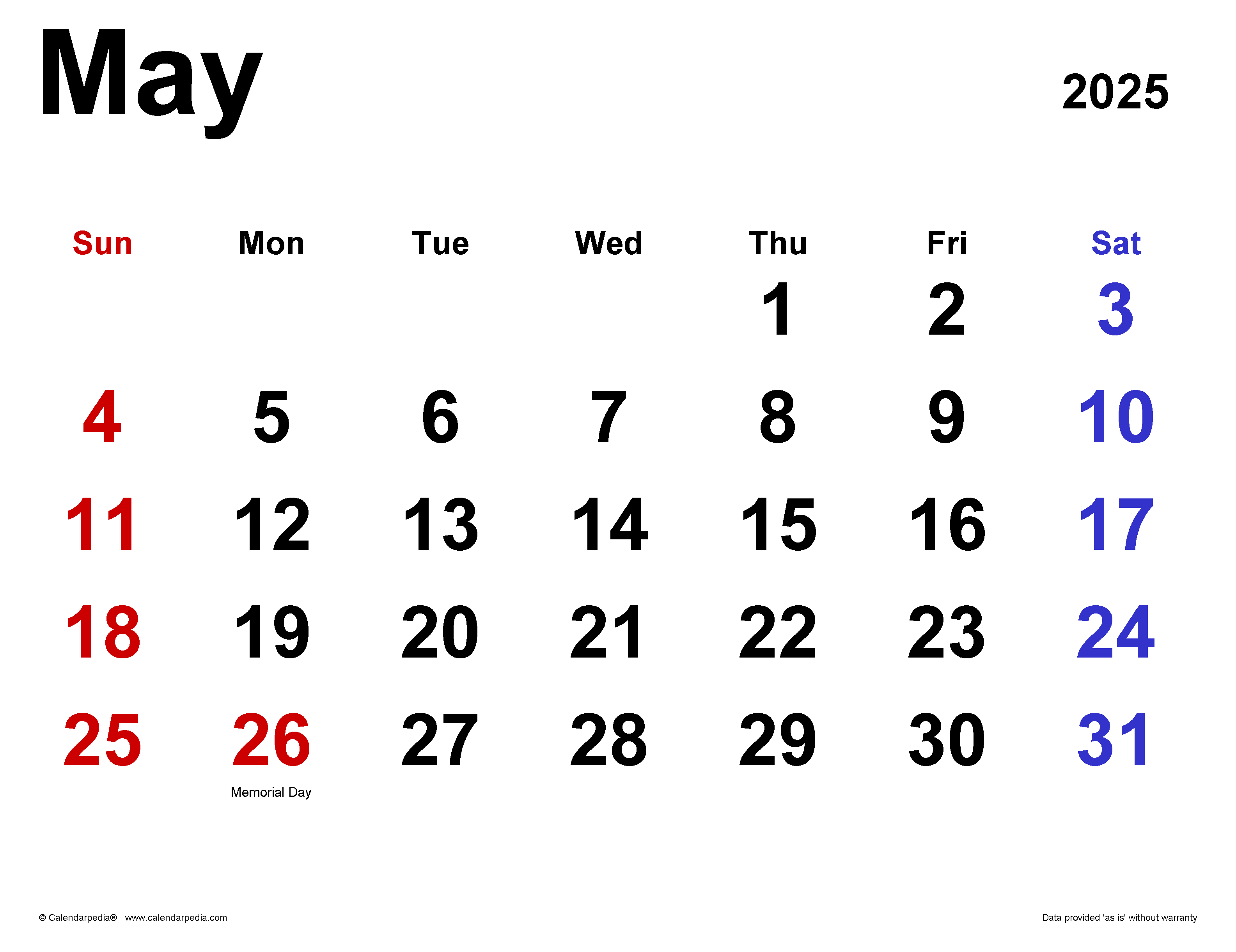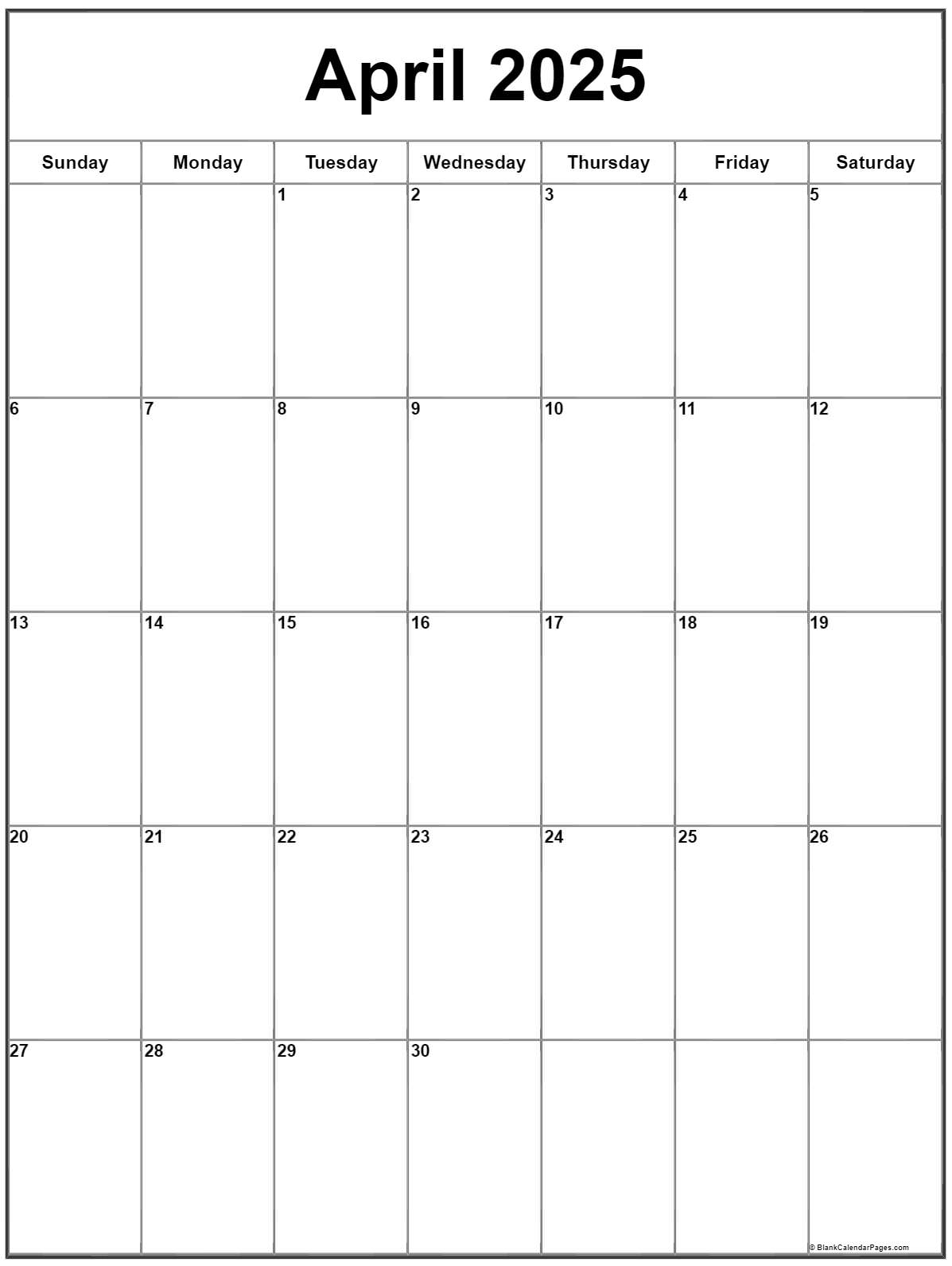Was May 2025 Calendar Changed
The Phantom Shift: Examining the Alleged May 2025 Calendar Change Conspiracy
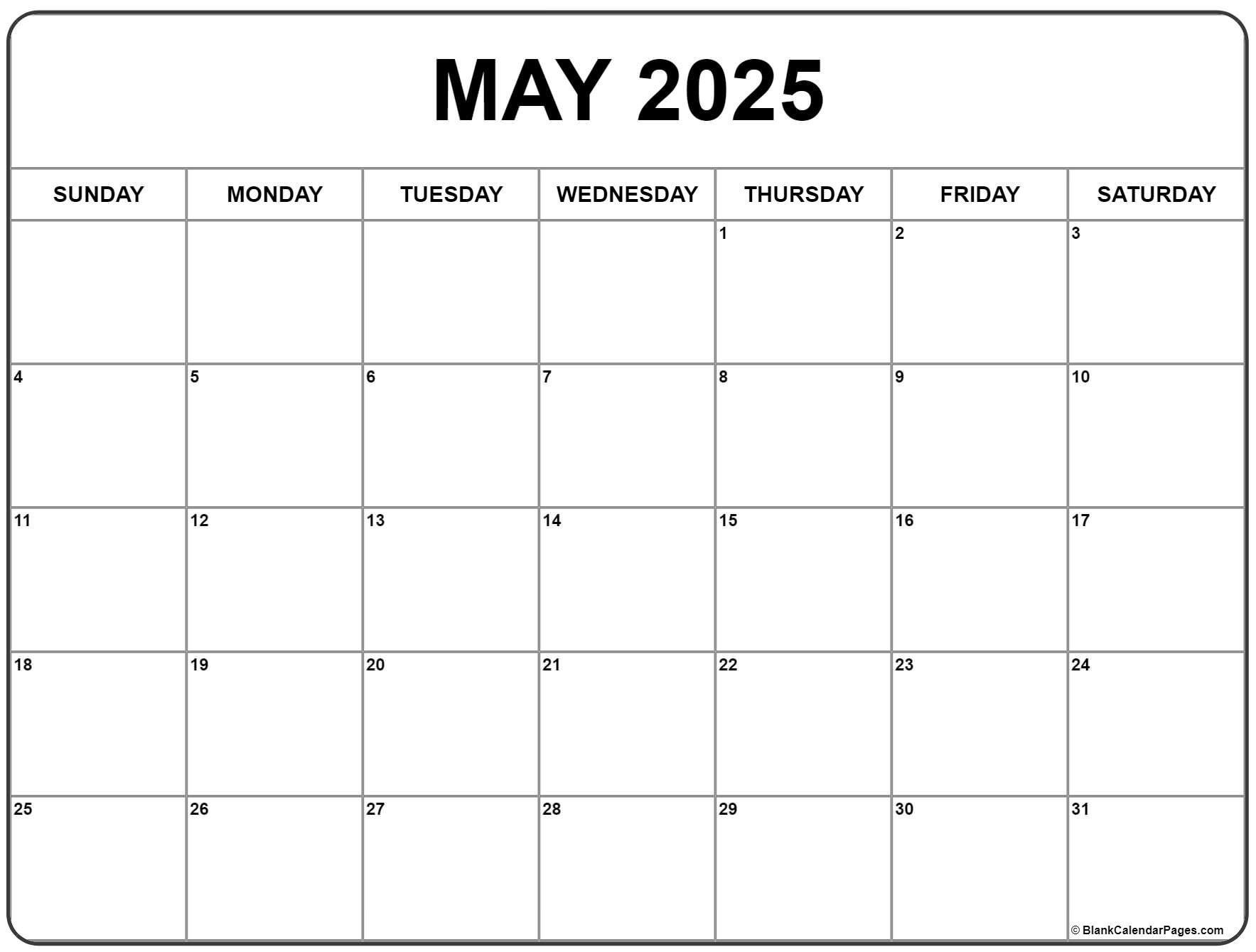
The internet, a boundless ocean of information and misinformation, is currently experiencing a ripple of unease centered around a purported alteration to the May 2025 calendar. While seemingly innocuous, this claim – circulating primarily through social media and obscure online forums – has ignited a small but fervent community convinced of a vast, orchestrated conspiracy. This article will dissect the claims surrounding this supposed calendar change, examining the evidence (or lack thereof), exploring potential motivations behind the spread of this misinformation, and ultimately debunking the central premise.
The Core Claim: The core of the conspiracy revolves around the assertion that the official May 2025 calendar has been subtly altered, either by governments or powerful, shadowy organizations. The alleged changes vary depending on the source, but commonly cited alterations include:
- Missing or added days: Some claim a day or even several days have been inexplicably removed or inserted into the May 2025 calendar. This often involves specific dates being mysteriously absent or duplicated.
- Altered dates: Other variations suggest that the days of the week have been shifted, resulting in inconsistencies with established calendrical systems. For instance, a Monday might be incorrectly labeled as a Tuesday.
- Secret codes embedded within the calendar: The most outlandish claims suggest that the altered calendar contains hidden numerical or symbolic codes, hinting at impending global events or secret agendas.
Lack of Credible Evidence: Despite the fervent belief of some proponents, there is a complete absence of credible evidence to support any of these claims. No reputable news organizations, astronomical societies, or calendrical authorities have reported any discrepancies or alterations to the May 2025 calendar. All standard calendar applications, online resources, and physical calendars readily available to the public align perfectly, depicting a standard 31-day May with no anomalies.
The supposed "evidence" presented by conspiracy theorists typically consists of:
- Low-resolution images or screenshots: Often, the "proof" is presented as blurry images or poorly cropped screenshots, making verification impossible. These images are easily manipulated and lack context.
- Anecdotal accounts: Many claims rely on personal testimonies and subjective experiences, lacking any objective verification. These accounts often contradict each other and lack any demonstrable evidence.
- Misinterpretations of calendrical systems: Some claims stem from a misunderstanding of how leap years and other calendrical adjustments function. These misinterpretations are easily debunked by referring to established astronomical and calendrical data.
Psychological and Sociological Factors: The persistence of this conspiracy theory, despite its lack of evidence, can be attributed to several psychological and sociological factors:
- Confirmation bias: Individuals predisposed to believe in conspiracies tend to seek out and interpret information that confirms their existing beliefs, while ignoring or dismissing contradictory evidence. This confirmation bias reinforces their convictions, regardless of factual accuracy.
- Appeal to mystery and the unknown: Conspiracy theories often thrive on a sense of mystery and intrigue. The idea of a secret, hidden agenda is inherently captivating and can be more appealing than mundane reality.
- Social contagion: The spread of misinformation is often facilitated by social contagion, where beliefs and ideas are transmitted rapidly through social networks, regardless of their validity. The more people who believe in a conspiracy, the more likely others are to adopt the belief.
- Distrust in authority: A widespread distrust in governments and established institutions can create fertile ground for conspiracy theories to flourish. The belief that powerful entities are actively concealing information fuels suspicion and reinforces the narrative of a hidden agenda.
- Pattern recognition in randomness: The human brain is wired to seek patterns, even where none exist. Conspiracy theorists often find patterns and connections in seemingly random events, leading to misinterpretations and the creation of false narratives.
Debunking the Myth: The claims surrounding the altered May 2025 calendar are demonstrably false. There is no evidence whatsoever to support the existence of any changes to the standard Gregorian calendar. The persistence of these claims highlights the importance of critical thinking, media literacy, and the verification of information from reputable sources. Relying on anecdotal evidence, low-quality images, and subjective interpretations is a recipe for misinformation and the spread of unfounded conspiracy theories.
The Dangers of Misinformation: While the May 2025 calendar conspiracy might seem harmless, the spread of such misinformation has broader implications. It can erode trust in institutions, create unnecessary anxiety and fear, and even inspire harmful actions based on false beliefs. It is crucial to be vigilant against the spread of misinformation and to actively promote critical thinking and media literacy to combat the proliferation of such unfounded claims. The best defense against conspiracy theories is a well-informed and critically engaged citizenry.
Conclusion: The alleged alteration of the May 2025 calendar is a baseless conspiracy theory. There is no credible evidence to support its claims, and the purported evidence presented by proponents is easily debunked through critical examination. The persistence of this myth underscores the importance of media literacy, critical thinking, and reliance on verified information from trustworthy sources. By understanding the psychological and sociological factors that contribute to the spread of misinformation, we can better equip ourselves to identify and resist the allure of unfounded conspiracy theories. The May 2025 calendar will arrive as expected, a testament to the consistent and predictable nature of the Gregorian calendar system, devoid of any secret codes or hidden agendas.
